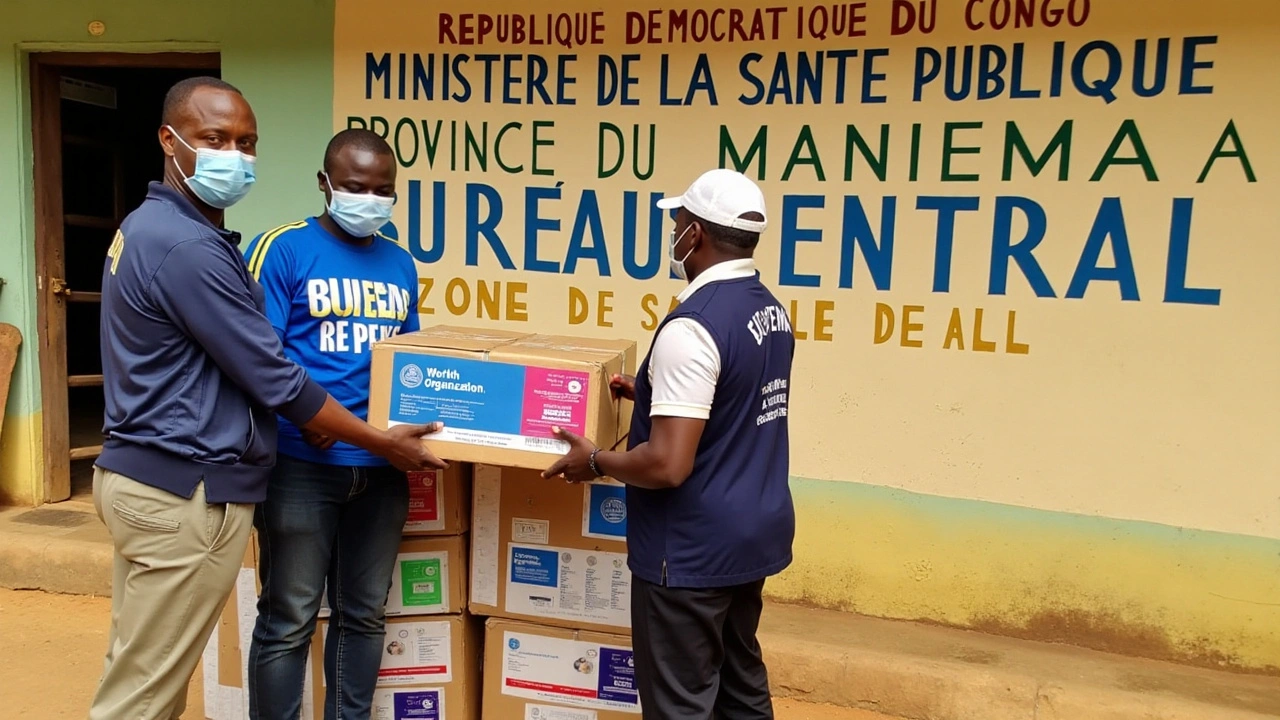Outbreak News & Practical Steps to Stay Safe
Outbreaks can start fast and spread even faster. You want quick facts, not panic. On this page we gather reliable outbreak news and give simple, useful steps you can take right now to protect yourself, your family, and your community.
What to watch for
Keep an eye on confirmed reports from official health bodies—your country’s health ministry, the World Health Organization, or regional public health authorities. Look for lab-confirmed cases, not just social posts. Common early signs of many outbreaks include sudden spikes in people reporting the same symptoms (fever, cough, vomiting, rash, severe diarrhea). If you see local clinics busier than usual or schools and workplaces closing, that’s a red flag.
Symptoms vary by disease, so know the usual signs for what's spreading. For respiratory outbreaks, watch for fever, new cough, trouble breathing. For gastrointestinal outbreaks, watch for vomiting, diarrhea, and severe dehydration. If you or someone close to you develops severe symptoms—high fever, difficulty breathing, confusion, or fainting—seek medical care immediately.
Easy, effective safety steps
Start with basics: wash your hands often with soap and water for 20 seconds or use a 60%+ alcohol hand sanitizer if soap isn’t available. Avoid touching your face, stay away from crowded places when cases rise, and keep windows open for fresh air where possible. Masks help in close indoor settings during respiratory outbreaks—use a well-fitting mask and replace it when damp.
If you feel unwell, stay home. Isolate from others in your home if you can—use a separate room and bathroom if available. Clean high-touch surfaces daily with household disinfectant. For food- and water-borne outbreaks, boil or treat water if authorities advise, and avoid raw or street food until the situation is controlled.
Vaccines work. If a vaccine or booster is available for the outbreak, get it from an approved clinic. Keep routine vaccinations up to date for children and high-risk people. Pregnant women, older adults, and people with weakened immune systems should check with their healthcare provider for extra precautions.
Travel? Check official travel advisories and airline rules before you go. If you must travel, avoid busy transit hubs when possible, carry hand sanitizer and a spare mask, and monitor your health for two weeks after returning.
How to avoid misinformation: rely on named sources—health ministries, WHO, Africa CDC, and accredited hospitals. Be skeptical of miracle cures, unverified treatments, and dramatic claims on social media. If in doubt, look for updates from local health departments or trusted news outlets.
At CottonCandi News we track outbreak developments across Africa and beyond. We publish verified updates, explain what they mean for you, and highlight official guidance. Bookmark this tag, subscribe to alerts, and follow local health channels for the fastest, safest info.
Need a quick checklist? Wash hands, mask in crowded indoor spaces, stay home if sick, get vaccinated if available, and follow official updates. Small steps make a big difference.
